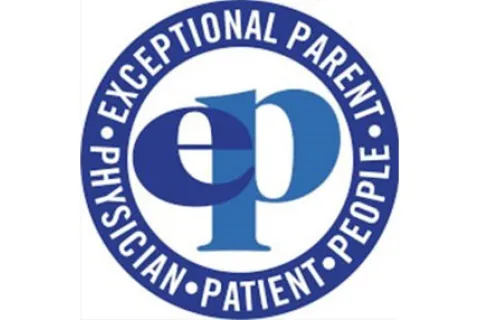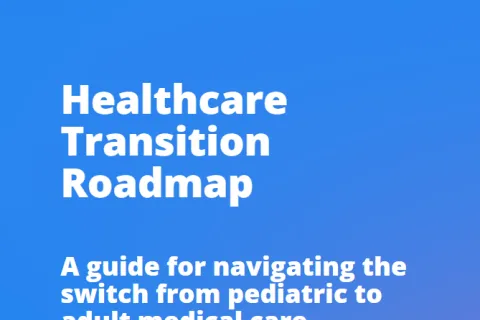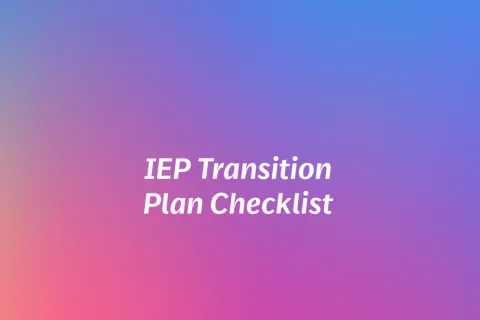Research to practice: Expanding opportunities for employment
By Kara A. Reagon, Ph.D., BCBA-DEmployment plays an integral role in the well-being of all people and adults with autism need the opportunities to join the workforce that are available to everyone else. One mom to a young man with autism said as much:
My son having meaningful employment gives him an understanding that he is a significant member of our society and must do his job as well as possible. It completes him knowing that he has a reason to get up every morning.
“Adults with autism are employable yet difficult to match with jobs suited to their specific needs,” said Bridget A. Taylor, PsyD, BCBA-D, Co-Founder and Executive Director of the Alpine Learning Group. “As the adult autism population continues to grow, employment opportunities are critical to foster independence, increase financial security and to maximize their potential.”
More and more individuals with autism are transitioning to adulthood and are searching for meaningful, sustained employment. There are new tools to help adults with autism in finding and obtaining employment which may be of interest to parents, providers, researchers and community members such as potential employers.
Assessments from the Alpine Learning Group
The Alpine Learning Group of Paramus, N.J., with the support through a grant from NEXT for AUTISM from the proceeds of Comedy Central’s Night of Too Many Stars, developed two assessments to be used in conjunction to help find suitable employment for adults on the spectrum. The first assessment is the Employee Characteristic Assessment and the second is the Site Assessment. The purpose of these assessments is to aid clinicians in evaluating the appropriateness of potential jobs and volunteer opportunities for an individual with autism.
"Our goal in developing these assessment tools is to pair qualified candidates with employers who understand the value of employing adults with autism to create a successful and long-term partnership," said Dr. Taylor.
A score on the assessments where responses are mostly the same indicate the job may be a good fit, whereas if too many items are different perhaps more pre-teaching is necessary, accommodations, or the identification of a different site. In some cases, the majority of items may match but a critical item may not.
For example, if an adult is a loud talker or engages in loud vocal stereotype, a quiet environment such as a library or an open office may not be a good fit. Another environment that can accommodate loud noise may be more appropriate, a closed office space, or overall louder working environment.
Research on employment
Research on adult employment has primarily focused on vocational training. However, in a 2014 study by Hall, Morgan and Salzberg used a web-based job preference and job matching assessments found higher productivity, accuracy and job satisfaction among young adults with developmental disabilities for high-preference, high-matched jobs. The authors report research on job preference in addition to job matching is just in its infancy. Previously, Morgan (2008) developed and evaluated the web-based instrument. Relatively few studies have examined this for adults with autism.
Lattimore, Parsons, and Reid (2002) evaluated prework task preferences among adults with autism at the beginning of starting a new supported job site. This has been challenging because many individuals with severe disabilities face deficits in cognitive functioning and communication skills so using a paired-presentation method in which employees are given repeated choices of materials for two distinct work tasks.
On the other hand, vocational training and preference has been more widely researched (Lattimore, Parsons, & Reid, 2006, Morgan & Horrocks, 2011). More research is needed to evaluate the utility of assessment tools investigating employee characteristics such as preference and skills, in in conjunction with job matching assessments such as an employment site assessment (e.g., location, responsibilities, tasks, distance, travel, supports etc.).
Learn more about Spectrum Careers
The launch of TheSpectrumCareers.com will hopefully help adults with disabilities more efficiently and effectively find potential job placement leading to meaningful careers in the local community. Additionally, assessments like the one developed at the Alpine Learning Group will aid parents, adults with disabilities, program providers and potential employment sites find a likely job match resulting in sustained employment. More importantly, these advances, in technology and assessment, may lead to additional research that will help us understand the needs of adults on the spectrum, provide meaningful employment, support to the employee and employer in promoting community inclusion.









